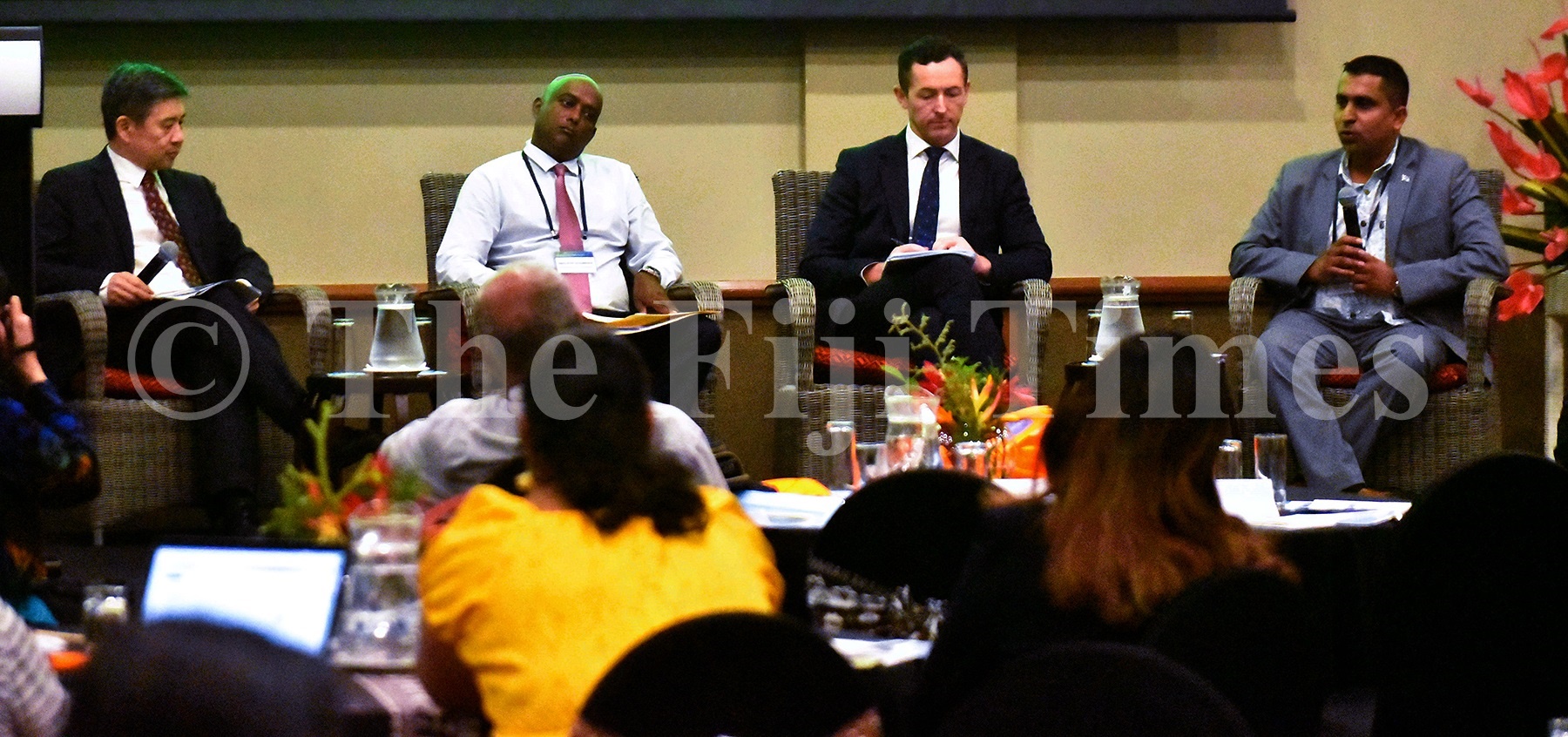Projected inflation rates for Fiji have been revised down to remain at 3 per cent in 2023 and 2024 on account of the recently introduced value added tax and import duty rates.
This was among several promising forecasts for the country shared at the ADB Asian Think Tank Development Forum hosted in Suva this week.
Inflation rates were originally projected to be 4.2 per cent for 2023 and expected to drop to 3.5 per cent in 2024, both having been now reduced and expected to remain stable.
Despite the steady and reasonable inflation rates, cost of living has seemingly been on the rise, often owing to individual case causes for price increases for staple food items and other imported necessities, one such case being the recent export ban for rice from India which has been causing waves of price increases for rice in importer countries.
“In most developing countries the prices of energy and food are huge parts of the inflation story,” Asian Development Bank (ADB) chief economist and Director General of its Economic Research and Development Impact Department Albert Park said.
“We always have to keep our eye on specific commodities that affect specific sub-populations more than others. Especially, of course, we want to keep our eye on vulnerable populations and what price risks they’re facing,” Mr Park urged.
The ADB, however, advises governments to avoid directly intervening in commodity price fluctuations through across-the-board subsidies, according to Park.
“That’s very expensive for the national budget and often those types of subsidies help the rich as much as the poor,” he said.
“They’re not that targeted so it’s better to monitor who’s being hurt by price changes and then create targeted support programs that really reach the people who cannot manage these issues on their own.”
The stability of inflation rates does bode well for Fijians, and the wider Pacific population as the inflation rates for the Pacific and developing Asian nations have also been revised down from 4.2 per cent to 3.6 per cent.



